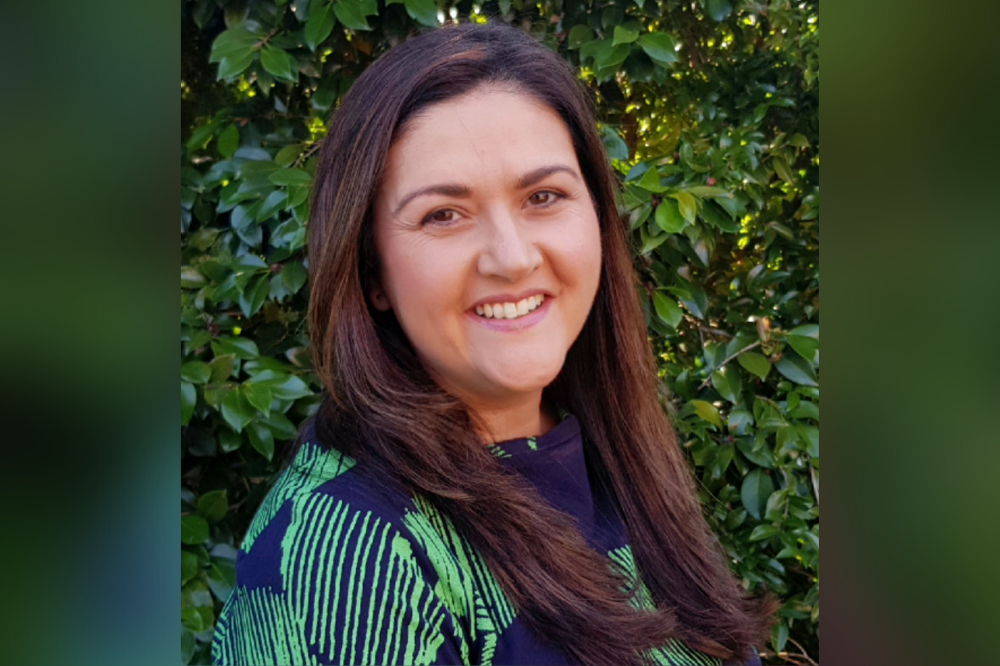
According to the World Health Organization, mental health disorders are one of the main causes of disability during adolescence. In Australia, almost a quarter of young people are psychologically stressed, yet many do not seek help.
Compounding this issue is the unfortunate reality that while there is strong demand among teachers for evidence-based programs to improve students’ mental health, what is available is often quite limited, and of unknown efficacy.
The aforementioned reality, coupled with worsening teacher shortages, mean that the mental health crisis cannot be left to schools alone to solve.
Enter Australia’s ever-increasingly important mentoring industry.
Research shows that young people who are mentored not only have lower rates of depression but know how to seek help, show greater resilience and confidence, and are more likely to finish school.
Since 2008, not-for-profit mentoring company Raise has delivered early intervention programs in six states and 184 secondary schools across Australia.
Raise recruits, trains and screens volunteers to become youth mentors who are then matched with students who would benefit most from having a caring, trusted adult who shows up for them each week of the 6-month program.
To date, the company has trained 6,098 volunteer mentors and supported 8,840 young people. This year, that number will top 10,000.
Kathleen Vella, Raise Foundation’s program director, was the founding EO of the Australian Youth Mentoring Network, Australia’s first peak body for the youth mentoring sector. Responsible for establishing the Australian Youth Mentoring Benchmarks, Kathleen developed the minimum operational standards that all mentoring programs in Australia are encouraged to meet.
Vella says Raise mentors sit alongside a school’s wellbeing team providing an opportunity for young people to be supported by a positive, caring, non-judgmental adult who can provide a sense of stability, consistency, and reliability.
“As an early intervention model, mentors can identify when a young person may need more professional support, and together with the Raise Program Counsellor and the school be that safety net that ensures that young person is able to access that support before they end up in crisis,” Vella told The Educator.
“Principals who partner with Raise acknowledge that the power of the program is not limited to the mentee’s experience and their connection with their mentor.”
Vella says schools often experience a wider ripple effect as they build valuable connections with their local community, particularly important after two years of lockdowns and restrictions.
“The program enables principals to build deeper connections with parents, community volunteers, local businesses and/or local universities,” she said.
“While the initial motivation to adopt the program is to support student wellbeing amongst those showing signs of disengagement, principals go on to build a culture of mentoring that upskills students, staff and the local community to better support and connect with other young people in their lives.”


